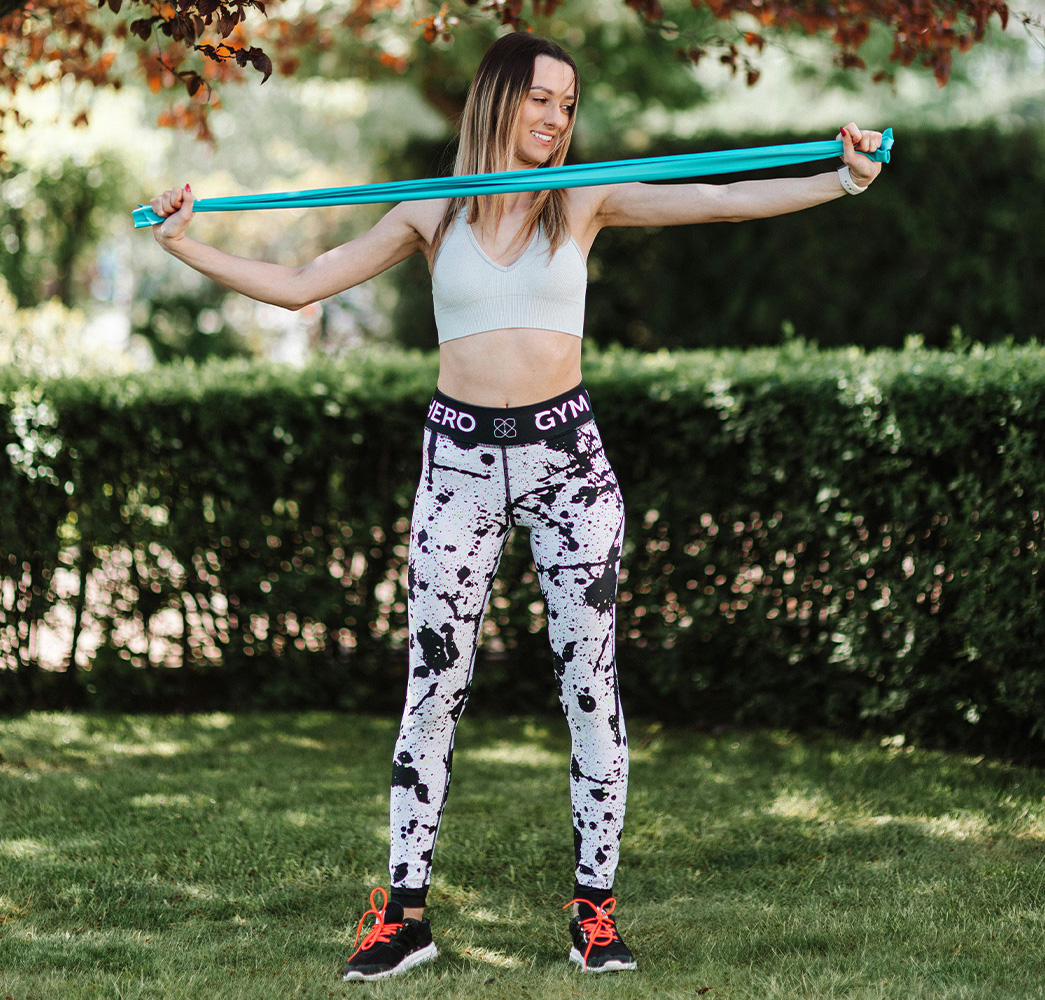Training hard is essential to making gains. But push too far, too often, and your body starts to push back. Overtraining isn’t just for elite athletes - it affects anyone who isn’t recovering properly. Here’s how to spot it early and adjust before it derails your progress.
1. You’re Always Tired - No Matter How Much You Sleep
If you’re getting seven to nine hours of sleep but still feel drained, your central nervous system may be overstressed. Chronic fatigue is a red flag that your body isn’t getting the chance to repair between sessions.
2. You’ve Lost Motivation to Train
A sudden dip in drive - especially for workouts you used to enjoy - often signals psychological burnout. Your brain needs recovery too. Lack of motivation isn’t laziness, it’s feedback.
3. Your Performance Has Plateaued or Dropped
You’re putting in more work but lifting less weight. Or your endurance is fading. When performance backslides for more than a week despite consistent training, you may be under-recovered, not undertrained.
4. You Feel Sore All the Time
Delayed Onset Muscle Soreness (DOMS) is normal, but constant soreness - especially in multiple areas - can mean your recovery systems are overloaded. Muscles need time to repair before adapting.
5. You’re Getting Sick or Injured More Often
Overtraining taxes the immune system and increases the risk of overuse injuries. If you're dealing with more colds, joint pain, or recurring tweaks, it's time to reassess.
What To Do About It:
1. Take a Deload Week: Cut volume or intensity by 50 per cent every four to six weeks.
2. Prioritise Sleep: Recovery begins with consistent, high-quality sleep.
3. Eat Enough: Fuelling under your needs equals slower recovery and higher stress.
4. Add Active Recovery Days: Walking, mobility, or low-intensity swimming can support repair.
5. Track Resting Heart Rate or HRV: These can offer signs of internal stress buildup.















.png)







